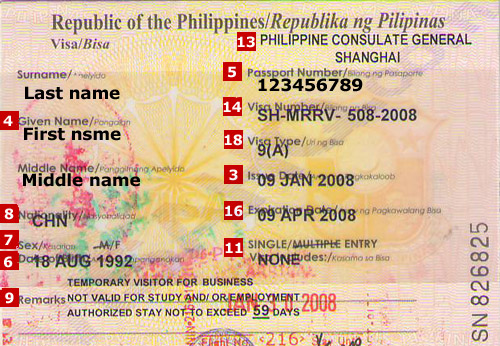Philippines Embassy list in Haiti
Need help?Chat with us
Importance of Trip Registration at the Philippines Embassy
Registering your trip with the Philippines embassy is crucial for ensuring safety, effective communication, and access to support during emergencies. In case of natural disasters such as hurricanes or earthquakes, registration provides the embassy with your whereabouts, allowing them to reach out and assist you swiftly. Similarly, during instances of political unrest, having your details registered helps the embassy facilitate evacuation or provide timely information about safety protocols. In medical emergencies, the embassy can coordinate aid and connect you to local healthcare providers effectively if your travel details are known. Overall, trip registration serves as an essential safeguard, enhancing your security and peace of mind while traveling abroad.
Philippines Embassy FAQs
Can the Philippines embassy assist in legal issues abroad? Yes, the Philippines embassy can provide guidance and assistance in legal matters, including referrals to local legal counsel.
What should I do if I lose my Philippines passport in Haiti? You should report the loss to the Philippines embassy immediately. They will assist you in applying for a replacement passport and provide necessary documentation for local authorities.
How can I stay updated on travel advisories? The embassy regularly issues travel alerts and safety updates on their official website and social media platforms.
What should I do if I am arrested while abroad? Contact the Philippines embassy as soon as possible for support and to ensure that your rights are protected.
Can the embassy help me find accommodation in Haiti? While the embassy may not directly provide accommodations, they can offer recommendations and resources to help you find suitable lodging.
Services Provided by Philippines Embassies in Haiti
Passport Services
- Issuance of new passports
- Renewal of passports
- Replacement of lost passports
Visa Issuance for Foreign Nationals
- Visa applications for travel to the Philippines
Assistance in Legal or Medical Emergencies
- Legal referrals and support
- Medical assistance coordination
Travel Alerts and Safety Updates
- Timely information on travel security and safety conditions
Support for Nationals Detained Abroad
- Assistance with legal rights and communications
Summarized Diplomatic Presence
The Philippines maintains a significant diplomatic presence in Haiti through its embassy located in Port-au-Prince. The primary function of the embassy is to protect and promote the interests of Filipino nationals and enhance bilateral relations between the Philippines and Haiti. The embassy works on fostering cooperation in various sectors, including trade, education, and humanitarian assistance. It plays a pivotal role in facilitating communication and strengthening ties, which are crucial for ensuring the welfare of the Filipino community abroad while bolstering international relations between the two countries.
